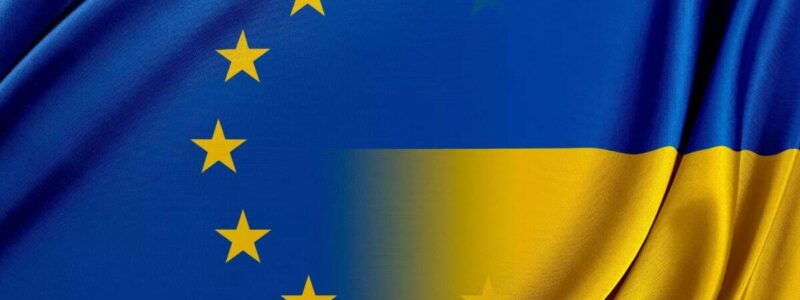
The EU is preparing to impose increased tariffs on Ukrainian imports within a few weeks, which will hit Ukraine’s economy at a crucial moment in its fight against Russian aggression, the Financial Times reported.
According to the publication’s sources, the decision to abruptly terminate special trade agreements that allowed most Ukrainian goods to be imported into the EU duty-free was made after Poland led a movement to protect the bloc’s farmers.
European diplomats said that this transitional proposal, recently sent to EU member states, would sharply reduce duty-free quotas for agricultural products.
Two EU diplomats told the FT that the European Commission’s transitional measure would split the annual duty-free quota into 12 monthly quotas to reduce imports while negotiations continue.
This will have the greatest impact on corn, sugar, honey, and poultry. The corn quota will be reduced from 4.7 million tons to 650,000 tons per year. The quota for poultry will fall from 57,000 tons to 40,000 tons, and for sugar from 109,000 tons to 40,700 tons.
A European Commission representative confirmed that the military agreements will not be reinstated “because we are currently working on revising” the free trade agreement between the EU and Ukraine.
“The Commission is also looking into possible transitional measures in case the talks aren’t finished and aren’t applied by June 6,“ he added.
“This is a really bad signal for Ukraine,” said Bernd Lange, head of the European Parliament’s trade committee, adding that the search for a solution will continue until at least October.
His committee will hear the European Commission’s position on Wednesday on why the promised trade talks have stalled, given that the June deadline was “known for a long time,” Lange said.
According to the publication, the Ukrainian government estimates that a return to pre-war trade conditions would reduce the country’s revenues by approximately EUR 3.5 billion.
“This is a huge step backwards. What we are seeing now is a lack of understanding,” said Mykhailo Bno-Ayriyan, trade representative of the Federation of Employers of Ukraine.
As reported, the EU has a free trade agreement with Ukraine, and after Russia’s invasion of Ukraine in 2022, the EU temporarily suspended customs tariffs on Ukrainian agricultural products. These agreements expire on June 6, and the EU plans to replace them with “transitional measures” while both sides update their joint trade agreement.
The duty-free regime established in 2022 applied to poultry meat, wheat, and sugar from Ukraine, most of which passed through EU countries on their way to Africa and Asia. But farmers and politicians in Poland, France, and other countries have blamed Ukrainian exports for driving down domestic prices. Ahead of the May 18 presidential election, Warsaw asked the European Commission to postpone the highly unpopular trade talks with Kyiv to minimize the chances of nationalist opposition candidate Karol Nawrocki.
Since early 2025, the European Commission has stated its intention to abolish preferential trade in agricultural products for Ukraine. It was expected that trade measures to support Ukraine would be more modest and that imports into the EU would decline.